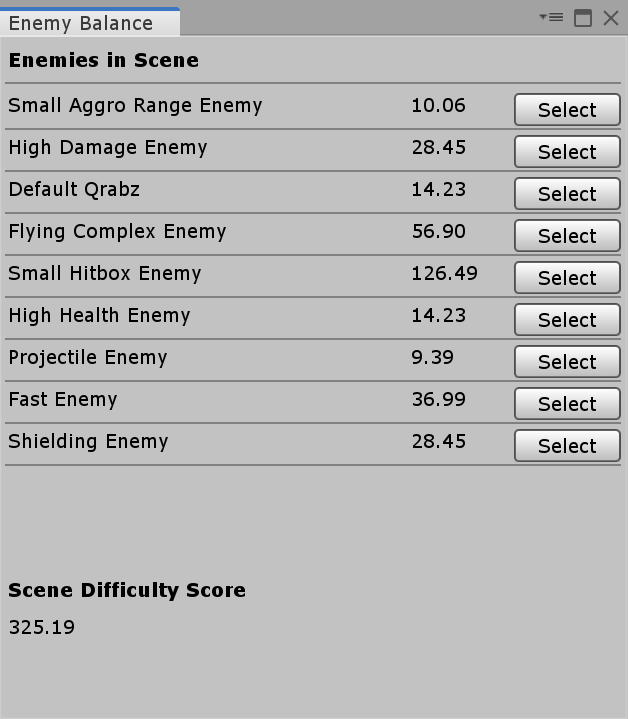About io
io is a single-player, story-based 2D platformer where you must navigate your way through Castor’s Rift, a large, desolate underground area, in order to save your village and restore the lantern tree. To aid you, your sword now gives you the ability to teleport to it when you’ve thrown it.
Technical Details
12 week development cycle
55 developers, including 20 programmers, 13 designers, 22 artists, 4 composers, 10 sound designers, and 2 producers
Unity3D, Wwise, DOTween
Blog Posts
Postmortem
My responsibilities
Ensure that the enemies were complete and polished by the end of the game.
Assign tasks to pod members that fit their experience level and department.
Create and maintain documentation on the enemies in the game.
Work with pod members to resolve blockers and technical issues
What went right
Weekly check ins gave pod members a safe space to communicate difficulties and concerns.
Confluence was heavily utilized to document relevant enemy details.
Members across all departments were able to receive a breadth of new experiences.
Requirements for tasks were clearly defined, leaving to little confusion about expected deliverables.
What went wrong
Audio felt that there was little work early on in development.
The COVID-19 lockdown caused a major disruption to communication and productivity.
Significantly overscoped, as I failed to realize how often things go wrong.
Designers felt that they didn’t have much to do for a significant portion of the project.
Implementation of scripts and assets tended to be behind the scenes rather than an open process.
Documentation wasn’t consistently updated to include relevant changes and feedback.
Wasn’t strict about readable/modular code. leading to issues later in development.
Artists didn’t feel that they understood how to use git
Lessons Learned
Give pod members a greater say in decisions. This includes:
Having sound designers decide on the sounds for each enemy.
Having designers involved in conversations about enemies and scope.
Having pod members assemble the prefabs and implement their scripts
Remember that setbacks always occur during development, and plan accordingly for such setbacks.
Teach artists how to use git, rather than integrating their assets for them.
Explain to programmers why code should be modular, rather than specifically enforcing it.
Create group chats to help pod members keep in contact with other members working on similar stuff.




